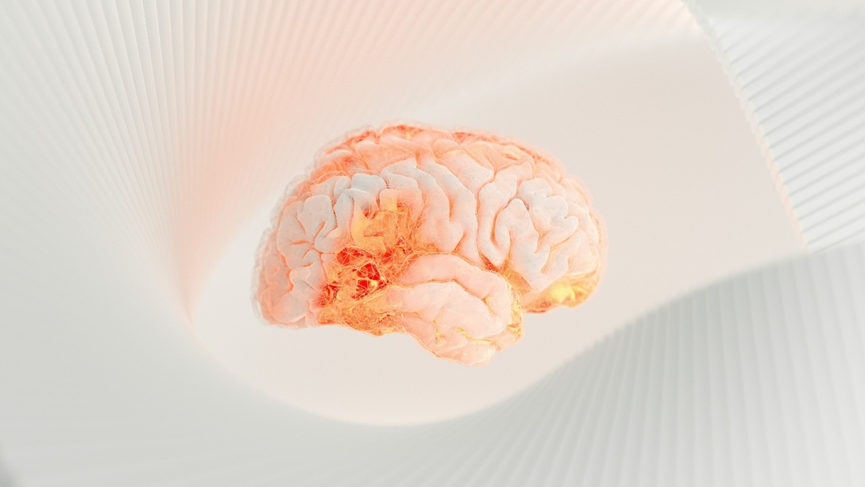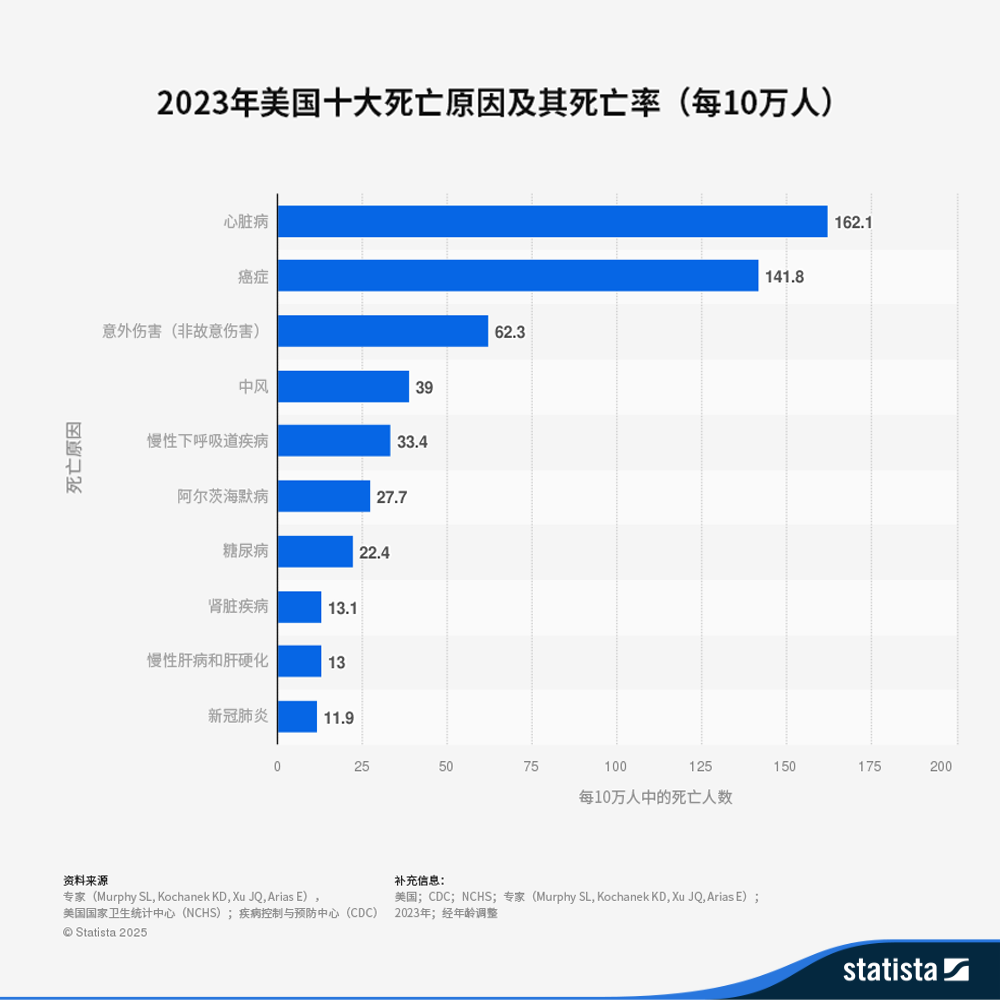

Scientists are exploring a possibility: Alzheimer's disease is at least partially caused by the immune system's attempt to repair brain damage—though these efforts ultimately fail.
Image source: Unsplash/KOMMERS
Madeleine North
Senior Writer for the Forum Agenda
Of the roughly 57 million dementia patients worldwide, 60–70% are believed to have Alzheimer's disease.
From AI diagnostics to new drug development, here are the latest breakthroughs in fighting this disease.
The World Economic Forum's 2025 Technology Pioneer, InBrain, has developed an ultra-thin graphene implant that holds promise for helping Alzheimer's patients.
Of the roughly 57 million dementia patients worldwide, 60% to 70% are believed to have Alzheimer's disease.
As the most common type of dementia, Alzheimer's disease is a brain disorder characterized by a gradual decline in memory and cognitive abilities. In the U.S. alone, it is already the sixth leading cause of death—though while lifestyle adjustments and medication can help manage symptoms, there is currently no cure.
With the number of dementia patients projected to rise to 150 million by 2050, finding solutions to tackle this debilitating and devastating disease has become urgently needed.

In the United States, Alzheimer's disease is more deadly than diseases like diabetes and COVID-19.
Image source: Statista
In recent years, several groundbreaking discoveries related to Alzheimer's disease have brought new insights and hope. Here are eight of them:
The Link Between Attention Deficit Hyperactivity Disorder and Dementia
A new study has found that individuals with ADHD may share structural brain similarities with patients suffering from "dementia-related conditions, such as Alzheimer's disease." Researchers at the University of Geneva compared 32 ADHD patients with 29 non-ADHD participants—both groups aged between 25 and 45—by combining MRI brain imaging with blood tests.
The study found that adult ADHD patients have higher iron levels in certain brain regions, as well as elevated levels of neurofilaments in their blood—both of which are markers associated with dementia and Alzheimer’s disease. Although this is a small-scale case study, it lays the groundwork for future research, such as exploring whether reducing iron levels in the brains of ADHD patients could potentially lower their risk of developing dementia conditions like Alzheimer’s later in life.
Women are more likely to develop the illness.
It is widely accepted that women are more likely to develop dementia than men—two-thirds of Alzheimer’s patients are women—but the reasons behind this disparity remain controversial. For years, the prevailing view has attributed the higher prevalence among women to their longer average lifespans, which naturally results in a greater number of female patients. However, recent research suggests that menopause may be a key underlying factor. According to a report in *Nature Medicine*, nearly two-thirds of women experiencing perimenopause or postmenopause report memory issues. As scientist Roberta Brinton notes, declining estrogen levels during this stage could trigger a process in which the brain begins "consuming its own tissue."
,(HRT),“”“tau”(),,“”
,“”
,,(Donanemab)(Lecanemab),30%(The Alzheimer’s Society),,60%,,180.45
,2700034000,(NHS),120,
(FDA),,PET;,55“”
,91%,
“,6510%,2050,” (FDA)Martin A. Makary
,1(HSV-1)HSV-1,,“”,
34.4,,0.44%HSV-1,0.24%,,HSV-180%,HSV-1,17%
,“”
(AI),7,,72%,D,
,,81%,
“,,”Zoe Kourtzi,“,”
?
:,“STING”——,,
,,()
,
?
,2025,InBrain,,,,InBrain,
1.3,,,

Agenda ,,
: | :
,
Follow us on Weibo, WeChat Video Channels, Douyin, and Xiaohongshu!
"World Economic Forum"


